A wicked deception is sprung in the opening moments of this New York-originated concert staging of Stephen Sondheim and Hugh Wheeler’s Sweeney Todd. The English National Opera orchestra, liberated from the pit, is duly assembled on stage at the London Coliseum; flower arrangements and a Steinway grand add to the formality, and right on cue the conductor and cast, suitably attired in evening wear and with scores in hand, take their places behind a line of music stands.
Already a subscriber? Log in
Subscribe for just $2 a week
Try a month of The Spectator Australia absolutely free and without commitment. Not only that but – if you choose to continue – you’ll pay just $2 a week for your first year.
- Unlimited access to spectator.com.au and app
- The weekly edition on the Spectator Australia app
- Spectator podcasts and newsletters
- Full access to spectator.co.uk
Or
Unlock this article
You might disagree with half of it, but you’ll enjoy reading all of it. Try your first month for free, then just $2 a week for the remainder of your first year.

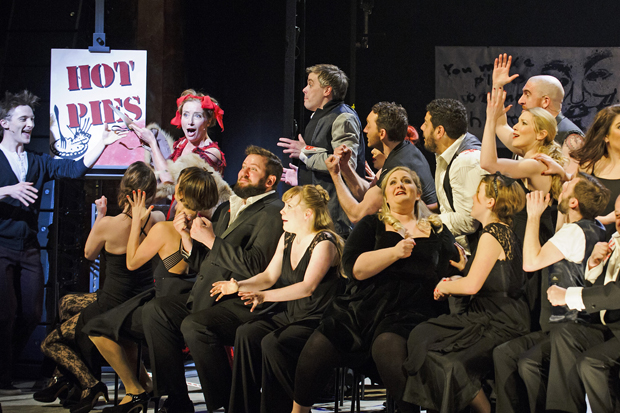
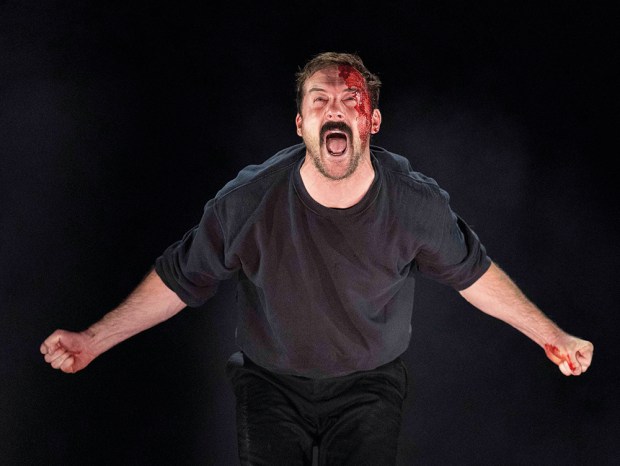


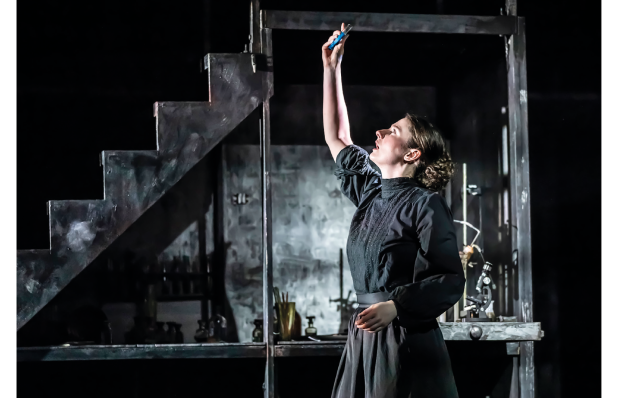
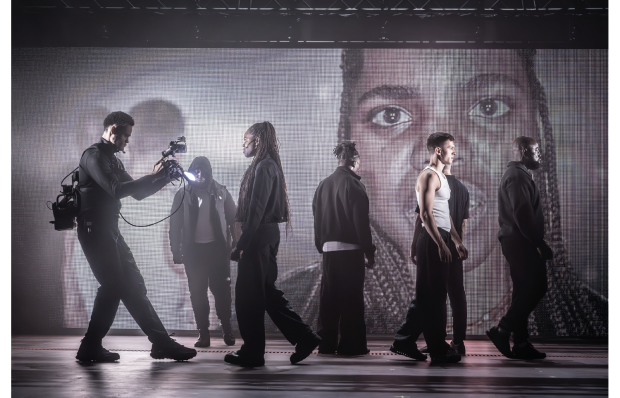
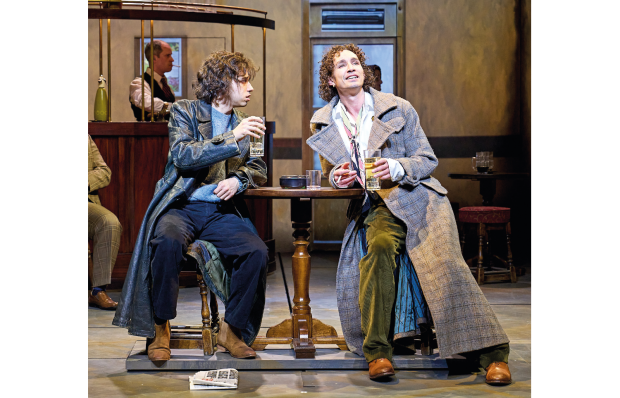






Comments
Don't miss out
Join the conversation with other Spectator Australia readers. Subscribe to leave a comment.
SUBSCRIBEAlready a subscriber? Log in